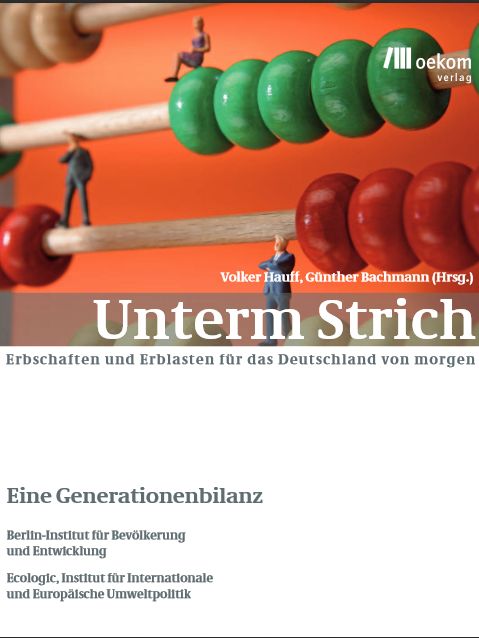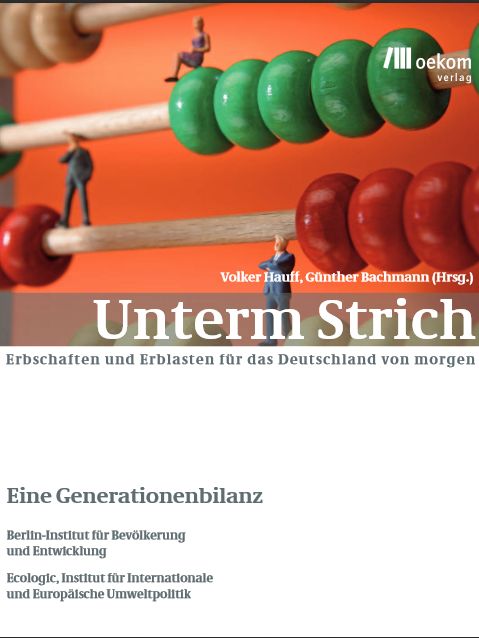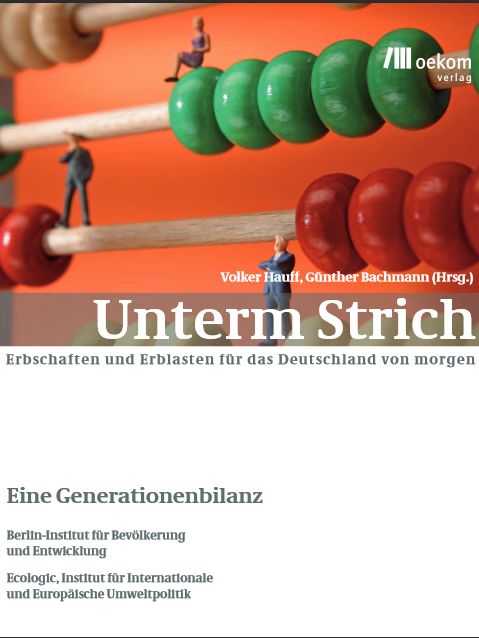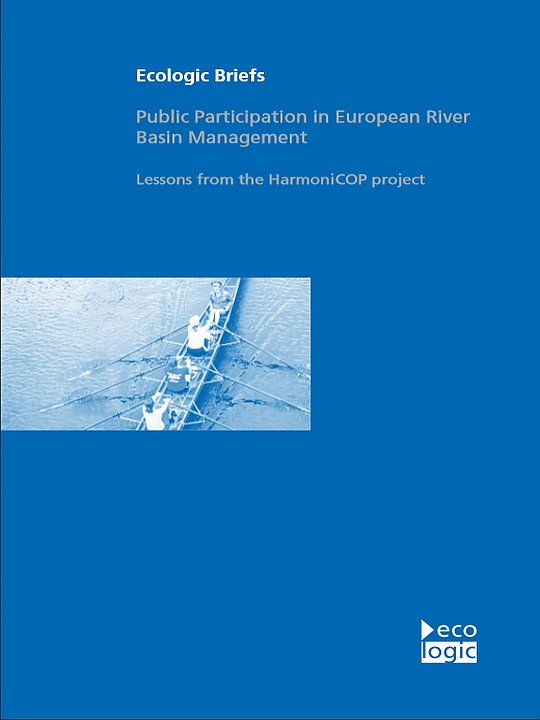Publication:Book Section
Publication:Book Section
Publication:Book Section
Event:Workshop
Presentation:Speech
Presentation:Speech
Presentation:Speech
Presentation:Speech
Publication:Policy Brief
Public Participation in European River Basin Management
Lessons from the HarmoniCOP project
Year
Read more


